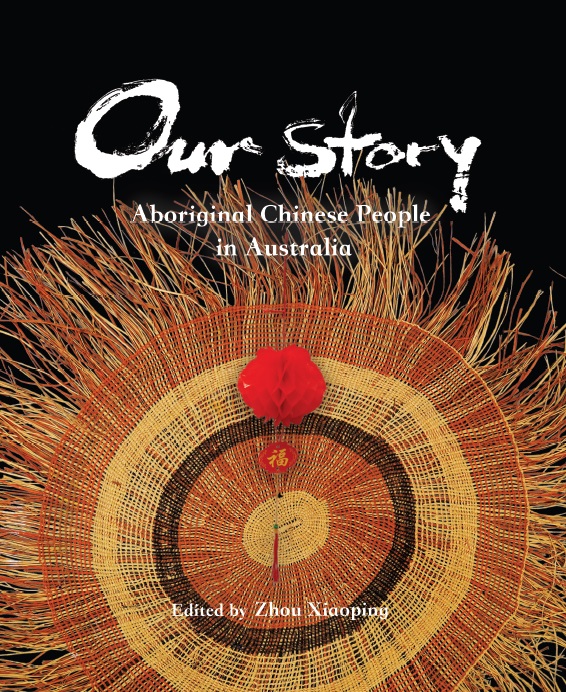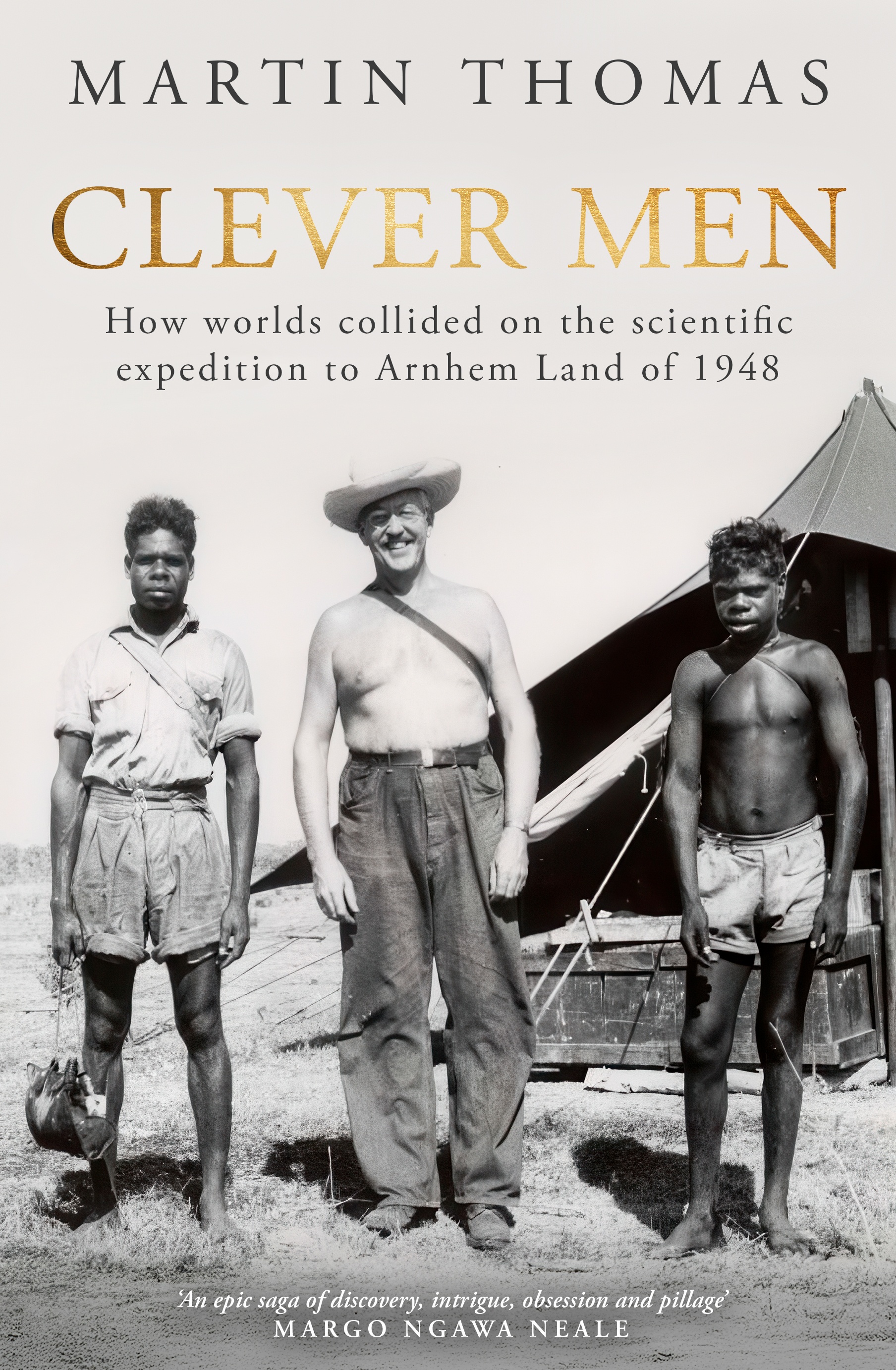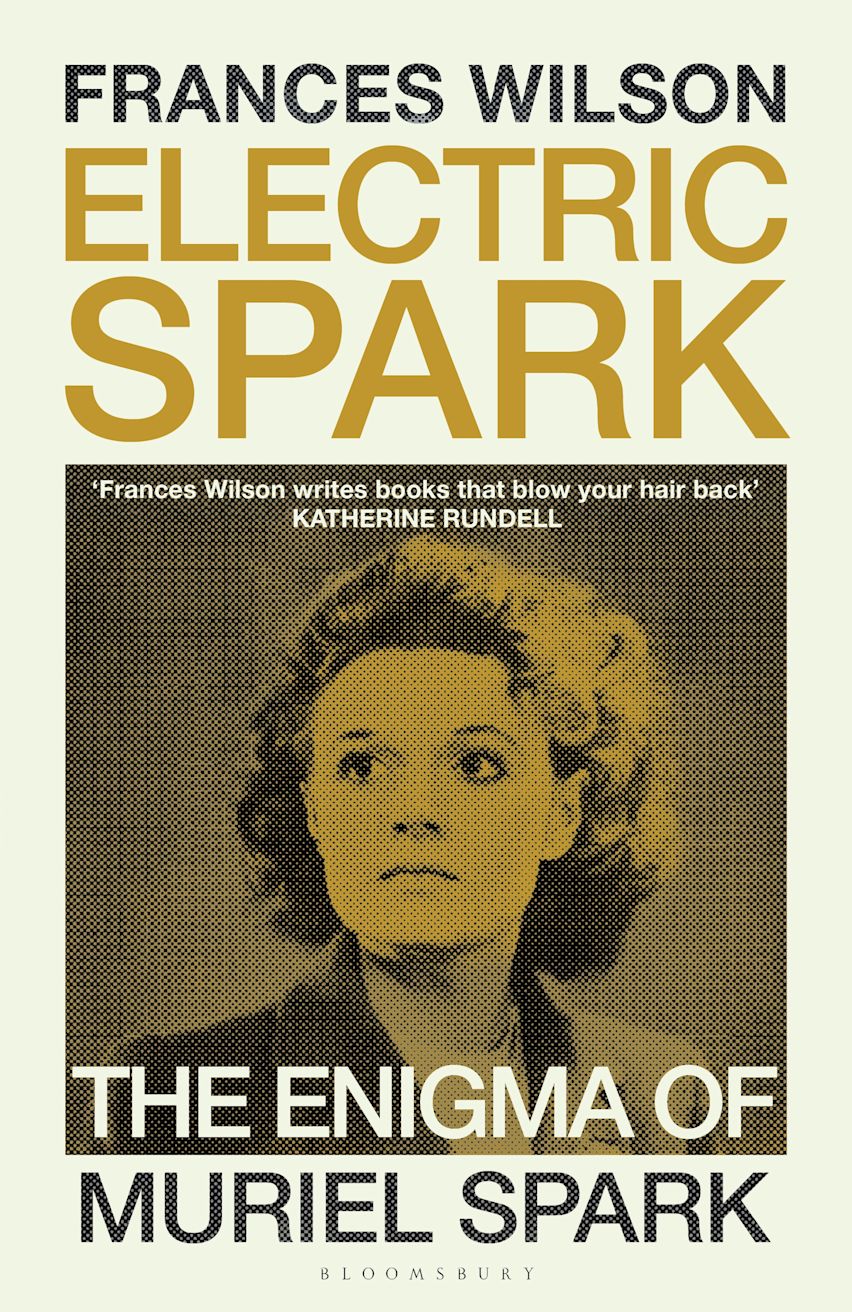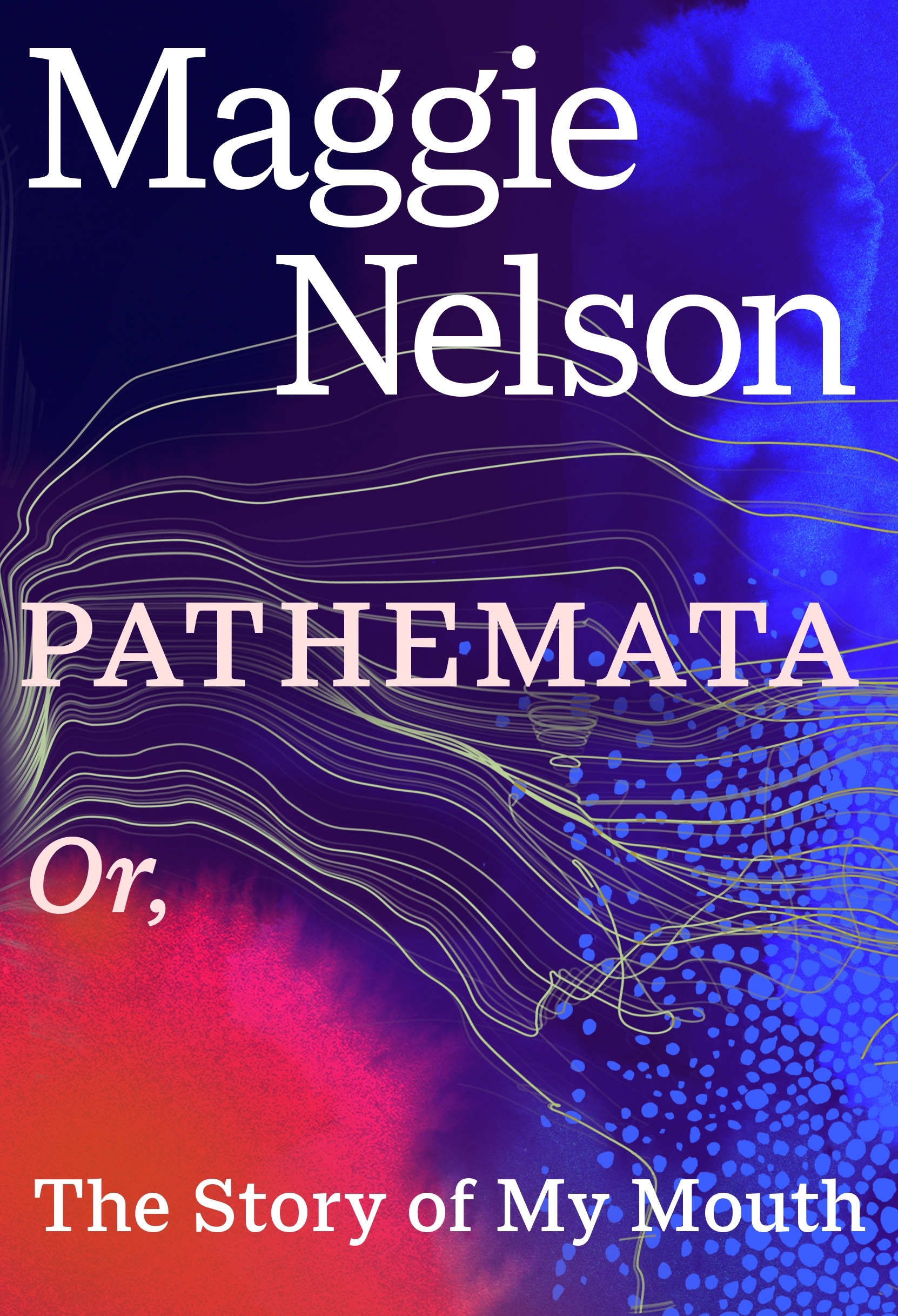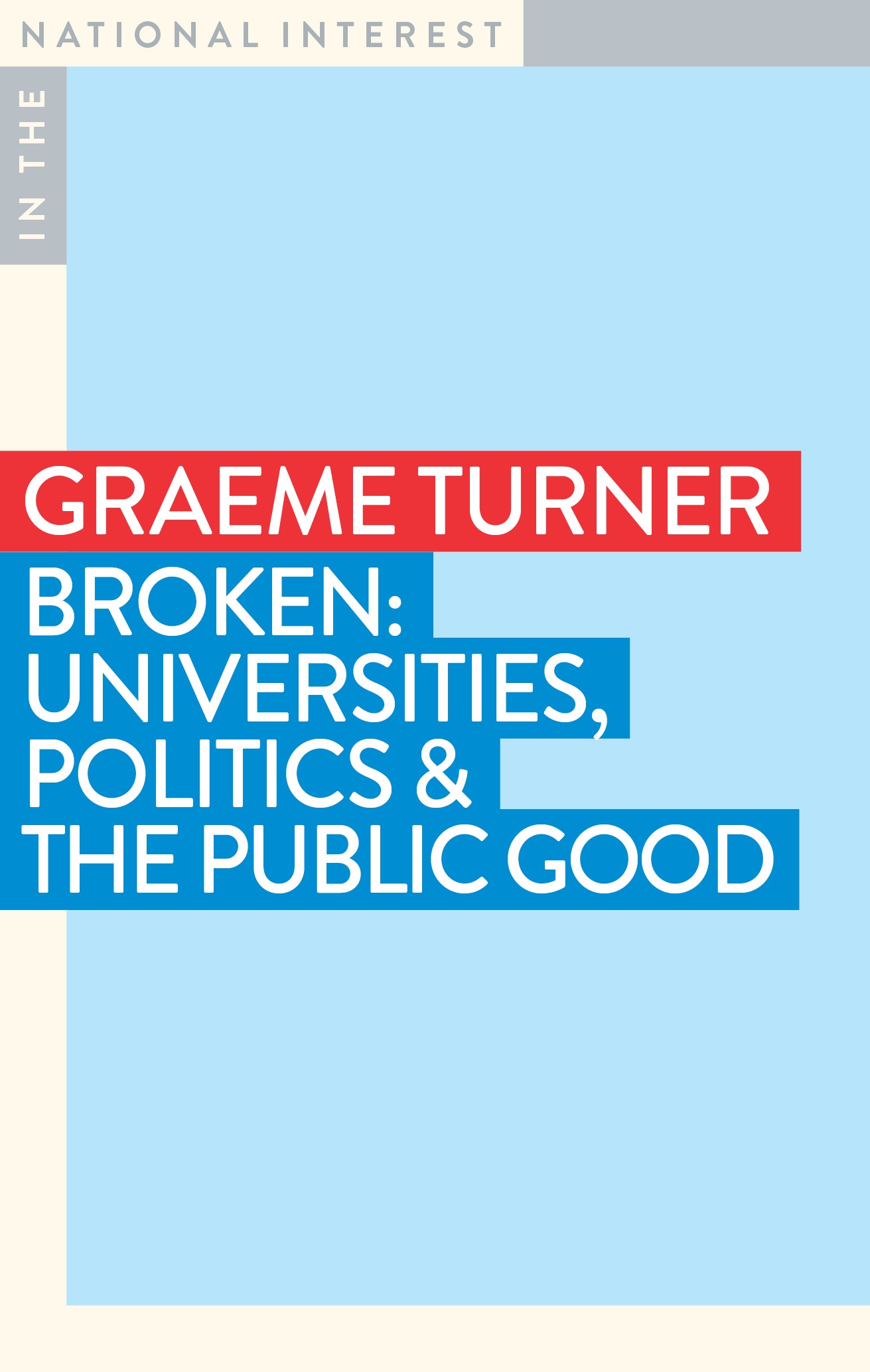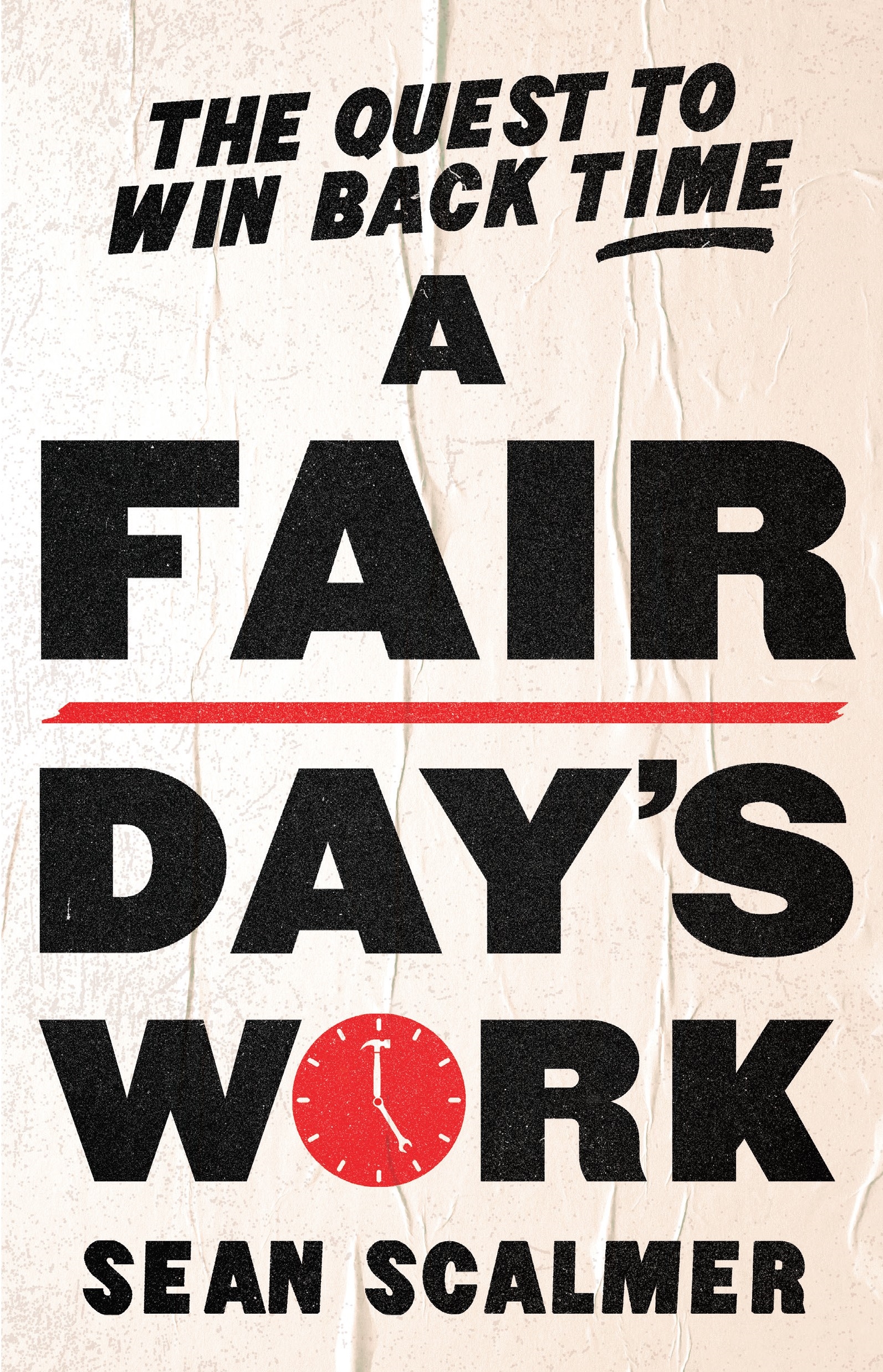Non Fiction
Our Story: Aboriginal Chinese people in Australia edited by Zhou Xiaoping
It is deeply sobering to be writing about the depth of the history of multicultural Australia only days after rallies against immigration have been held and in the midst of a palpable and disturbing negative response to non-white immigration. There are echoes of the shameful twentieth-century White Australia policy. Far from being a recent phenomenon, multiculturalism has been an integral aspect of Australian society since European settlement in the late eighteenth century. This collection, edited by the artist Zhou Xiaoping, is the outcome of a three-year research project and is the companion monograph for Our Story: Aboriginal Chinese people in Australia, a free, ground-breaking exhibition currently at the National Museum of Australia in Canberra that will run until late January 2026.
... (read more)Clever Men: How worlds collided on the scientific expedition to Arnhem Land of 1948 by Martin Thomas
Soon after the conclusion of the 1948 Arnhem Land expedition, its leader, Charles Pearcy Mountford, an ethnologist and filmmaker, was celebrated by the National Geographic Society, a key sponsor of the expedition, along with the Smithsonian Institution in Washington DC and the Commonwealth Department of Information. In presenting Mountford with the Franklin L. Burr Prize and praising his ‘outstanding leadership’, the Society effectively honoured his success in presenting himself as the leader of a team of scientists working together in pursuit of new frontiers of knowledge. But this presentation is best read as theatre. The expedition’s scientific achievements were middling at best and, behind the scenes, the turmoil and disagreement that had characterised the expedition continued to rage.
... (read more)Some literary biographies are best known for their gestation – or malgestation. Some authors, we might go further, should have a big sign around their neck – noli me tangere. Muriel Spark is one of them. Her voluminous archive, lovingly tended all her life, is full of booby traps. Twice she went into battle with biographers: first Derek Stanford, a former lover; then Martin Stannard, whose biography of Evelyn Waugh she had admired.
... (read more)The Collected Prose of Sylvia Plath by Sylvia Plath, edited by Peter K. Steinberg & Sylvia Plath by Heather Clark
For seven years after her 1963 burial, Sylvia Plath lay in an unmarked grave near St Thomas the Apostle Church in Heptonstall, West Yorkshire. The gravestone, when it came, bore her birth and married names, Sylvia Plath Hughes, the years of her birth and death, and a line from Wu Cheng-en’s sixteenth-century novel Monkey King:Journey to the West: ‘Even amidst fierce flames, the golden lotus can be planted.’
... (read more)This week on the ABR Podcast, Lynda Ng reviews To Save and To Destroy: Writing as an Other by Viet Thanh Nguyen. Nguyen, who arrived in the United States from Vietnam as a child refugee in 1975, is the Pulitzer Prize-winning author of The Sympathizer. To Save and To Destroy is a collection of pieces Nguyen delivered for the prestigious Norton Lectures.
... (read more)At the end of Maggie Nelson’s arresting new book, she offers a disclaimer: ‘This work conjoins dream and reality; all representations of people, places and events should be understood in that spirit.’ By the second page, though, it has already become apparent that while this work is peppered with recognisable biographical details, Pathemata: Or, the story of my mouth operates in new terrain. Here the limits of reality and dream are at times sufficiently porous that one wonders whether a particular passage belongs to the writer’s conscious or unconscious life.
... (read more)On Patrick White’s Dilemmas: A personal essay by Vrasidas Karalis
‘Lonely Country’ is the term Arnhem landers use for empty or uncared-for places. Sometimes the custodians have died. In other cases, the land is simply too difficult to get to or inhabit. Whatever the reason, Lonely Country brings sadness. There is no one to burn the bush or manage it; no one to call out to the spirits of the old people who remain on their Country, isolated from the living.
... (read more)Broken: Universities, politics and the public good by Graeme Turner
Are universities hated by government? Yes, according to a member of the Morrison government, who reportedly said as much to journalist George Megalogenis in 2021. The Morrison government’s attacks on the universities and particularly the humanities were blatantly ideological. After three years in office the extent of the correction by the current Labor Government remains unclear.
... (read more)The idea of ‘green politics’ is implicitly self-limiting. Unlike the blue that we associate with the right, or the red we associate with the left, green is taken to refer to the substance of a political ideology: to the natural world of plants and trees, to ‘pristine’ nature and ‘unspoiled’ wilderness. As such, it tends to reproduce a simplistic distinction between humanity and nature – a distinction that is inseparable from the very environmental crises through which green politics proposes to steer us. Consciously or otherwise, environmentalism is constructed as something to do with the world’s ‘green spaces’, as opposed to a politics of human transformation.
... (read more)A Fair Day’s Work: The quest to win back time by Sean Scalmer
A Fair Day’s Work: The quest to win back time is a work of history that is both reflective and urgent. It situates the long struggle of the Australian labour movement to secure reductions in the length of the standard working week – from sixty hours a week in the 1850s to thirty-eight hours a week by the early 1980s – within the contemporary fight against the resurgent power of capital, growing economic inequality, and the shrinking of the middle class. As much as it is a historical account of Australia’s leading role in reducing working hours across the world, it is also a call to action for a new generation of working people to rediscover the fight.
... (read more)
